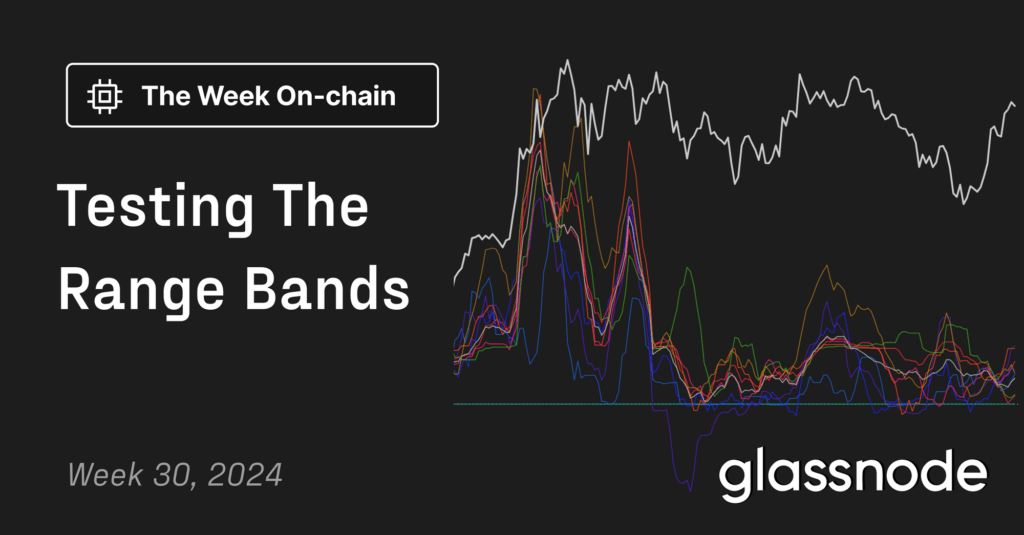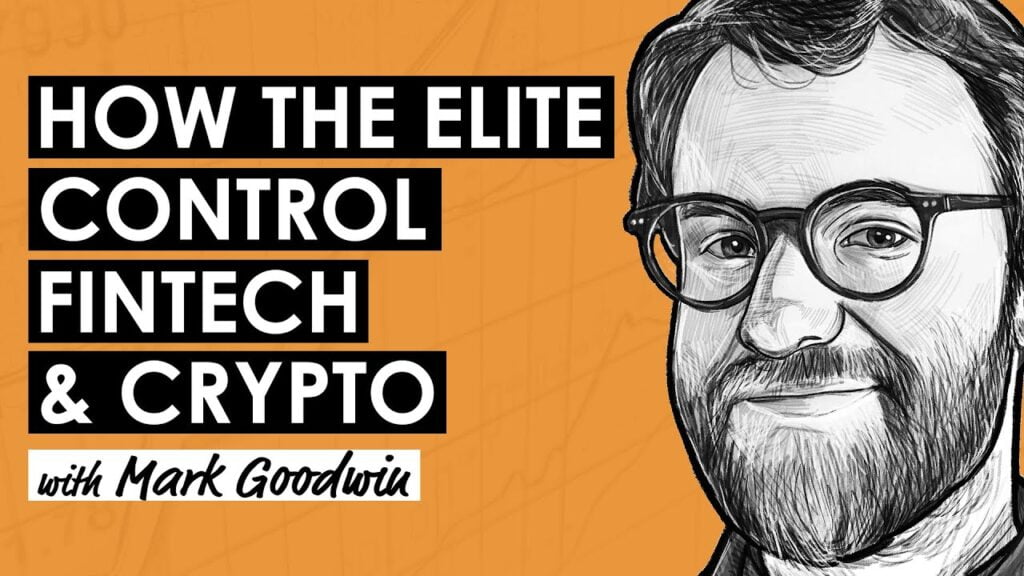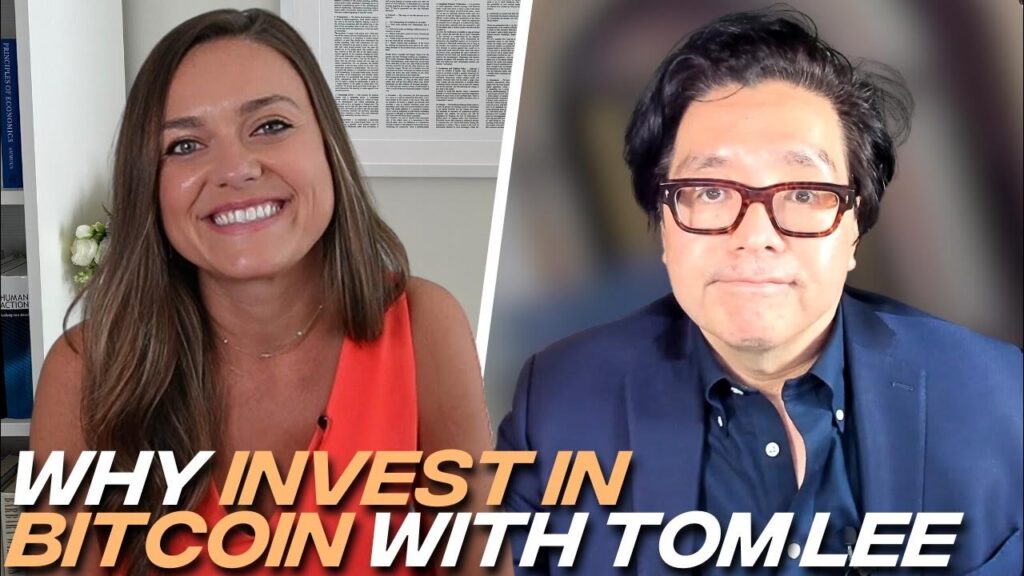Podcast Summary
In this podcast, guest Danny Dayan discusses the balance of risks in the macro view, identifying a left tail risk and a right tail risk. Diane also delves into the impact of demographics on the economy, the state of the Chinese economy, and the potential for Bitcoin as a macro asset. The conversation also covers the Federal Reserve’s policy decisions and their implications for the economy.
Key Takeaways
Understanding Tail Risks
- Left Tail Risk: Diane identifies the left tail risk as concerns about high interest rates and the possibility of a recession. However, he believes this risk is not as material as most people think and that there is policy room to respond to a recession.
- Right Tail Risk: The right tail risk, according to Diane, is more concerning. This involves the possibility of an overheating economy, which could lead to rate hikes and tightening financial conditions, potentially causing a more severe recession.
Federal Reserve’s Policy Decisions
- Rate Cuts: Diane argues against the need for rate cuts when the economy is showing strong growth. He suggests that the Fed should be more worried about the potential for abrupt tightening of conditions, rather than preemptively cutting rates to prevent hypothetical weakness.
- Measure of Restrictiveness: Diane suggests alternative ways to measure restrictiveness, such as market-traded rates like 5-year and 10-year yields, instead of the Fed funds rate minus the neutral rate.
Demographics and the Economy
- Impact of Baby Boomers: Diane discusses the impact of Baby Boomers transitioning from savers to dis-savers as they retire, which has a dis-saving effect on the economy.
- Millennial Generation: The Millennial generation, now the largest labor force, is entering their peak family formation phase, leading to increased demand for housing, durable goods, and renovations.
State of the Chinese Economy
- Demographic Bust: Diane describes China as experiencing a demographic bust, which could be deflationary for their economy.
- Housing Market: Diane discusses the distressed state of the Chinese housing market, with housing completions down 50% and unsold inventory hanging over the market.
Bitcoin as a Macro Asset
- Hedging Against Government Devaluation: Diane mentions that Bitcoin is establishing itself as a macro asset that can hedge against government devaluation of money. He recommends accessing Bitcoin through low-cost ETFs like the VanEck Bitcoin Trust.
Sentiment Analysis
- Bullish: Diane expresses a bullish sentiment towards the US economy, citing healthy balance sheets and high household wealth. He also sees potential in Bitcoin as a macro asset.
- Bearish: Diane’s bearish sentiment is directed towards the Chinese economy, which he describes as uninvestable due to its policy set, bad demographics, and balance sheet recession.
- Neutral: Diane maintains a neutral stance on the Federal Reserve’s policy decisions, suggesting that the Fed should take its time in studying the economy before making any decisions.












